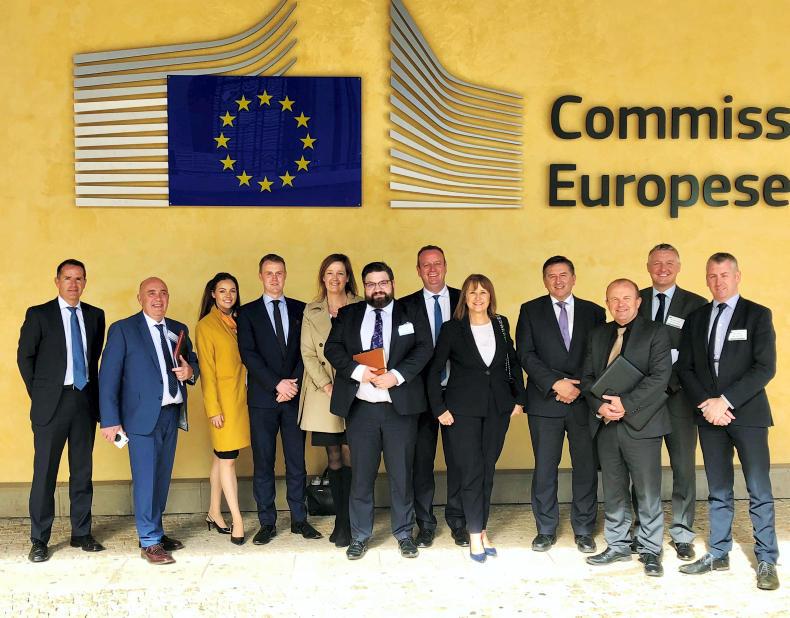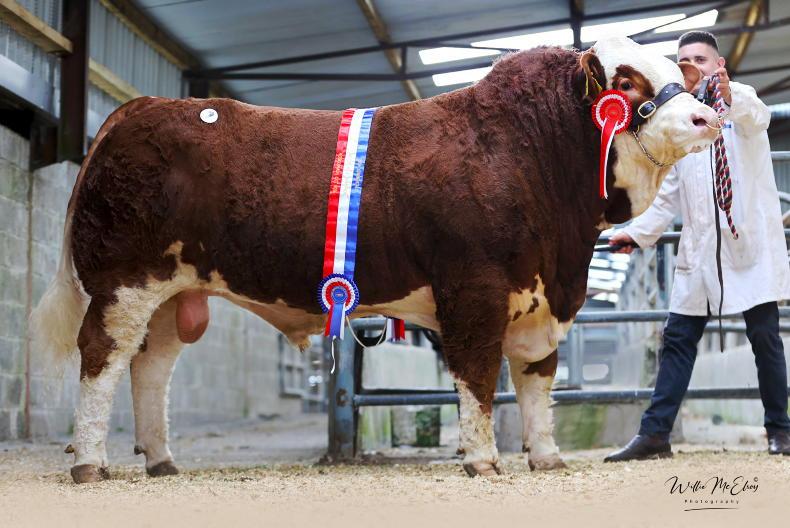Northern Ireland (NI) truly is a place apart and one where political principles tend to trump economic logic. At the most important juncture in decades, the regional parliament is suspended because the two dominant parties are at loggerheads and a zero-sum game prevails: where if one political party wants something that the other can prevent, it is considered success. The mutual dependence for government is also a mutual veto and stalemate, so inaction prevails.
Business fills vacuum
Over recent times, the business community has stepped into the vacuum; though with great reluctance. They will never be heard to criticise politicians or political parties individually, with any comments limited to a gentle poke at politics in general. They did, however, come out of the shadows twice this week, with a delegation going to Brussels for talks with the chief negotiator’s deputy, Sabine Weyand, and later in the week addressing a letter to the Prime Minister looking for special access to migrant labour to reflect the circumstances in NI.
Returning from its meeting in Brussels, the group seemed enthused by what was on offer to NI and NI alone from the chief negotiators team. While details would have to be negotiated, it seems clear that the EU is willing to make a sufficient exception for NI so that it can continue business as usual with the rest of the UK, while continuing to participate in all EU engagements as well.
Trade with rest of UK a priority
Uninterrupted trade with the rest of the UK is a priority for business in NI, as it is the main market and the business leaders in the meeting believe the EU will do nothing to stop this. The controversial and politically sensitive issue surrounds the flow of trade into NI from Britain and the inspection of this. Again, it looks like the EU has moved by indicating that this could be largely carried out at the departure point in Britain and be undertaken by UK officials. Reference is made to existing inspections for animals moving from Britain to NI, and this is an extension of that principle.
Politics versus commerce
The strict political interpretation of this is that it distinguishes NI from the rest of the UK, and while others would refer to animal inspections and very specific laws on health and marriage, that doesn’t cut it with the Democratic Unionist Party (DUP): whose 10 members of parliament are critical of Prime Minister getting legislation through parliament.
If the principle can be overcome and NI accepts participation in a single market for goods, then it is a question of getting the details right on internal UK trade and accessing whatever trade deals that may be beneficial post-Brexit.
NI would continue to avail of EU trade deals and UK deals from an export perspective. NI couldn’t avail of imports negotiated as part of a UK trade deal, but that is unlikely to be a deal-breaker for the UK in negotiations with a third country, given the relative small size of the NI market.









SHARING OPTIONS